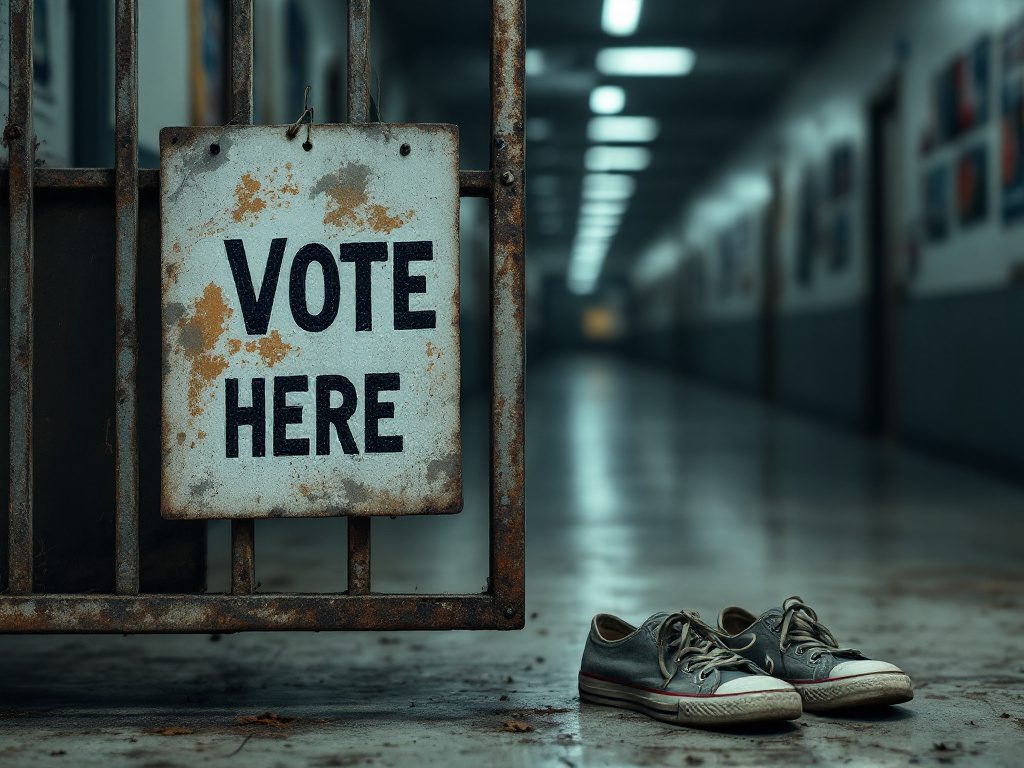The Promise and Perils of Early Voting in Texas
Energized voters lined up outside The Grove at Frisco Commons and the Lone Star Community Center this week, eager to make their voices heard in Texas’s expansive May 3 local elections. Yet behind every bustling polling place hovers a vexing question: Is the state genuinely making voting accessible—or is it erecting subtle, and sometimes not-so-subtle, barriers between Texans and the ballot box?
A closer look reveals Texas’s notoriously strict voter ID laws are once again front and center. This year, early voting is expanding across ten major counties—from Harris and Dallas to suburban enclaves like Williamson and Hays. Voters are weighing in on crucial local bond measures and officeholders who will shape everything from schools to municipal services, heightening the importance of every voice in the electorate.
The Texas Department of Public Safety lists several acceptable forms of ID: a state-issued driver’s license, U.S. passport, military ID, and more. For those without one of these, supporting documents—such as a voter registration certificate, certified birth certificate, or a government document displaying the voter’s name and address—can suffice. Yet, as reported by the Brennan Center for Justice and chronicled by Texas advocacy groups, these requirements often introduce layers of complexity, especially for senior citizens, college students, disabled Texans, and historically marginalized communities. Harvard legal scholar Michael Waldman has underscored that while early voting offers convenience, “the burden of proof and paperwork increasingly falls on the voter, not the system.”
Beyond convenience, early voting represents a lifeline for working Texans juggling multiple jobs or family obligations. As local teacher Maria Contreras recalled at a Denton County voting site, casting her ballot ahead of Election Day was the only way she could ensure her participation. “If I wait until Tuesday, I don’t know if I could make it at all,” she said, summing up the tightrope many working families walk.
The Hidden Costs of Restrictive ID Laws
On its face, the principle behind voter identification seems straightforward: verify identity, safeguard the process. Yet the lived reality for many Texans is far different. Obtaining an acceptable photo ID is not an equal-opportunity process. Consider recent findings from the Public Policy Research Institute at Texas A&M: Black and Latino Texans are disproportionately less likely to possess the narrow range of “accepted” IDs, while rural and elderly populations often face operational and financial hurdles in updating or accessing their documents. For college students—a demographic bearing the brunt of Texas’s ID rigidity—a university-issued student ID is not even on the approved list.
This matters because, according to a 2022 Pew Research Center report, more than 7% of eligible voters in Texas were not able to cast a ballot in the last general election cycle due to ID-related issues or confusion. Many came equipped with voter registration certificates—technically a valid form of secondary ID—only to be discouraged by the labyrinthine process officers must follow to accept them. Some would-be voters, like Travis County native Gloria Ramirez, cite the embarrassment and pressure at the polling station as a deterrence that sticks with them for years. This runs counter to the American ideal that voting should be simple, secure, and free of unnecessary obstacles.
When you build more guardrails than on-ramps, even the best-intentioned citizens find themselves stranded on the sidelines of democracy. The growing patchwork of requirements, from birth certificates to court-admissible foreign documents, is not just bureaucratic red tape—it’s a statement about whose voice counts.
“Voting is not a privilege to be rationed; it is a right that government should protect and expand—not restrict in the name of supposed security.”
Does any factual evidence support these restrictions boosting electoral integrity? The answer remains elusive. Multiple independent investigations, from the Government Accountability Office to watchdog groups like the League of Women Voters, have failed to identify systemic fraud in Texas elections. As University of Texas political scientist Victoria DeFrancesco Soto has argued, “The conversation about fraud is a red herring. The real question is whether voting is convenient for regular, law-abiding citizens.”
Redefining Fairness: A Progressive Vision for Texas
Isn’t it time to challenge the false dichotomy between security and accessibility? Texas, priding itself on rugged independence and democratic tradition, should not confuse exclusion for integrity. The communities most affected by restrictive policies are often those who have fought hardest for a seat at the table—communities of color, immigrants, the poor, and the disabled.
Voter turnout in the Lone Star State regularly lags below the national average; Texas ranked 44th in the nation in turnout during the last primary, per the U.S. Elections Project. The question thus becomes: Are we building a democracy that serves all, or one that places partisan interests above the people?
Every policy choice reflects a set of values. When lawmakers make it harder—not easier—to vote, they are not merely administering elections, but making value-based judgements about who truly belongs in the “We the People.” In Travis, Harris, Dallas, and beyond, grassroots organizations such as Texas Organizing Project and MOVE Texas are bridging gaps through voter registration drives and ID assistance efforts, shining a light on the gap government has failed to close.
As you consider your own responsibilities and rights as a voter, imagine a state where election officials see their job as empowering every eligible Texan. Expanding access is not about partisan advantage—it’s about a more just society. Civic participation flourishes not when hurdles multiply, but when every citizen feels invited in. That is the Texas—and the America—we should strive for.

